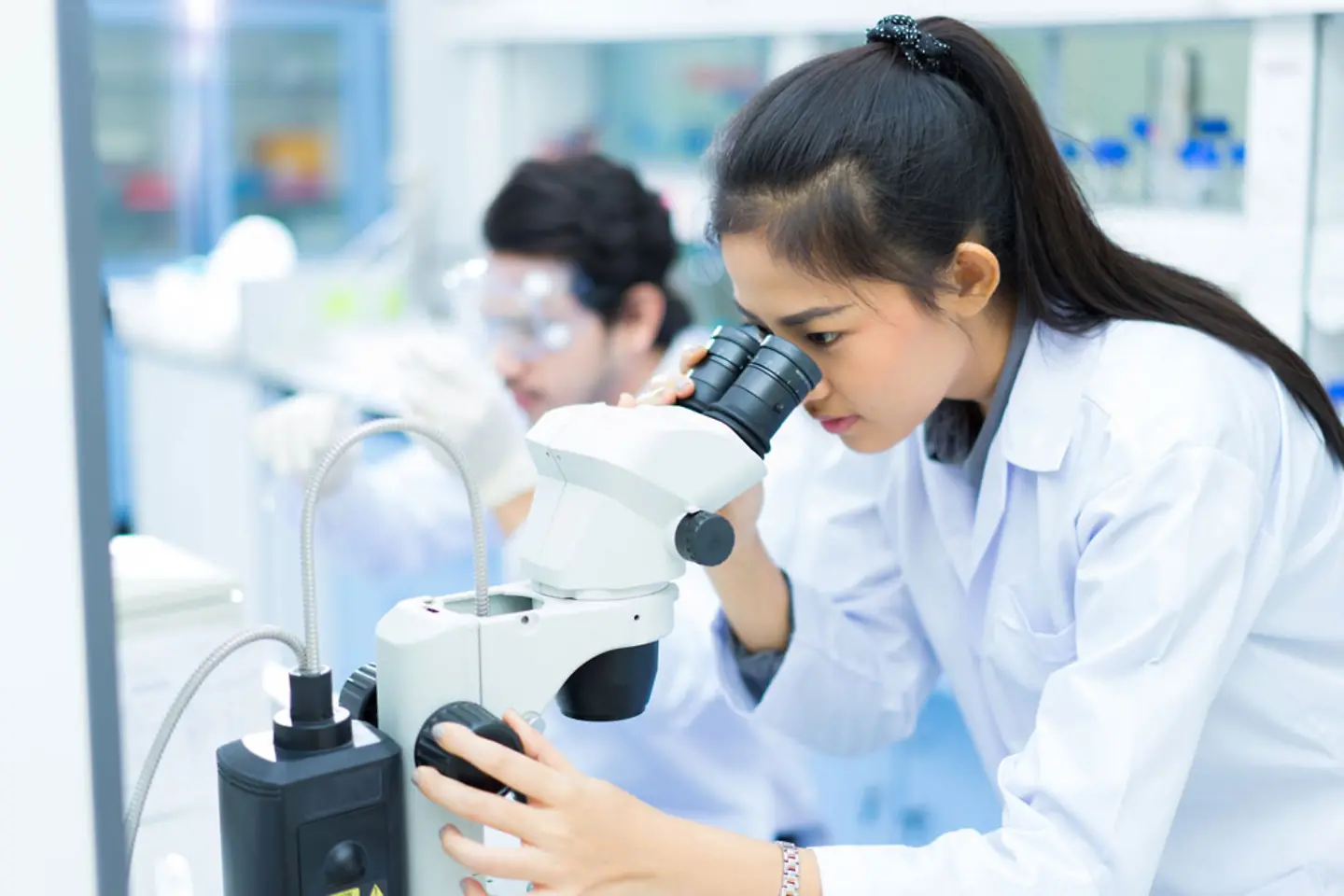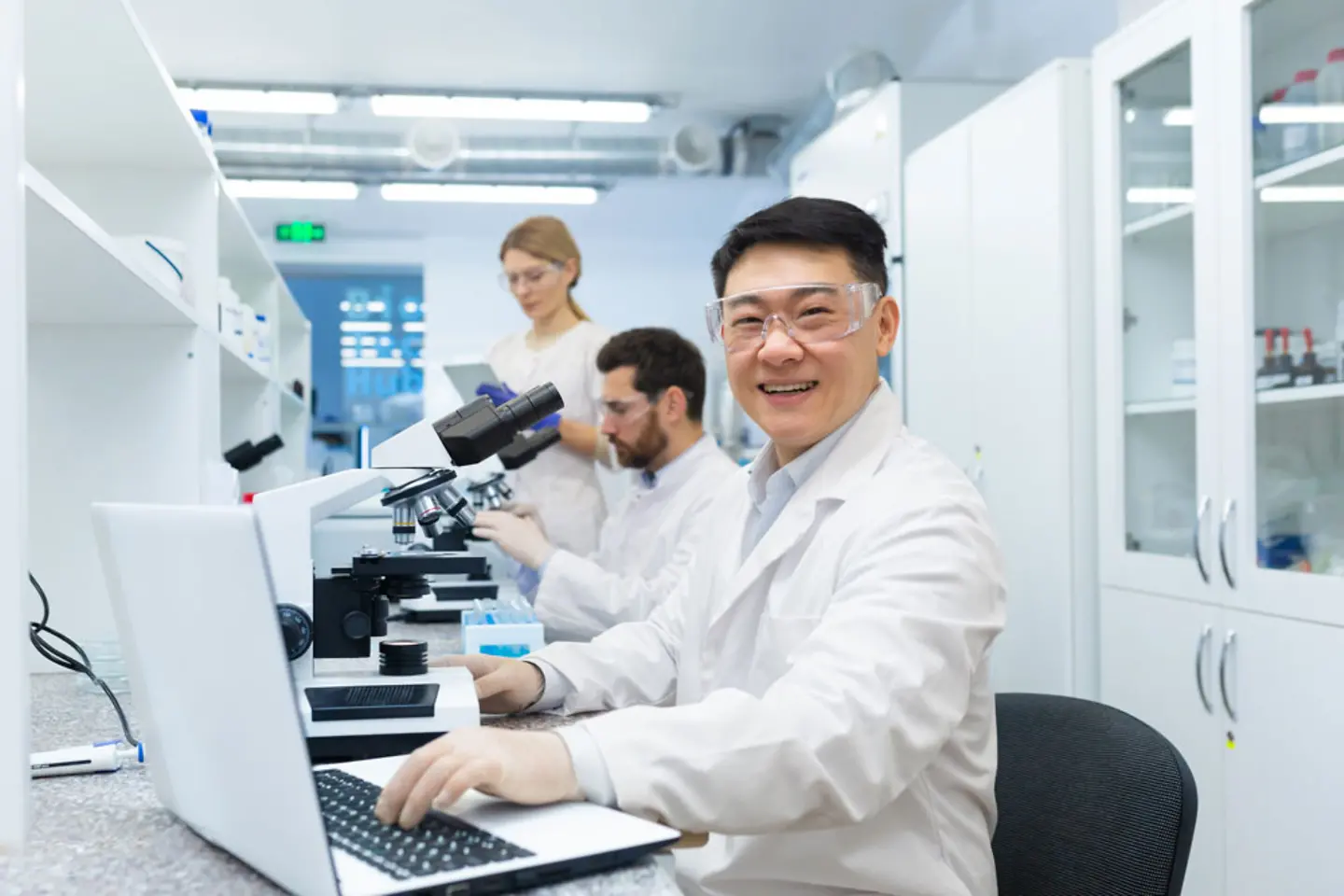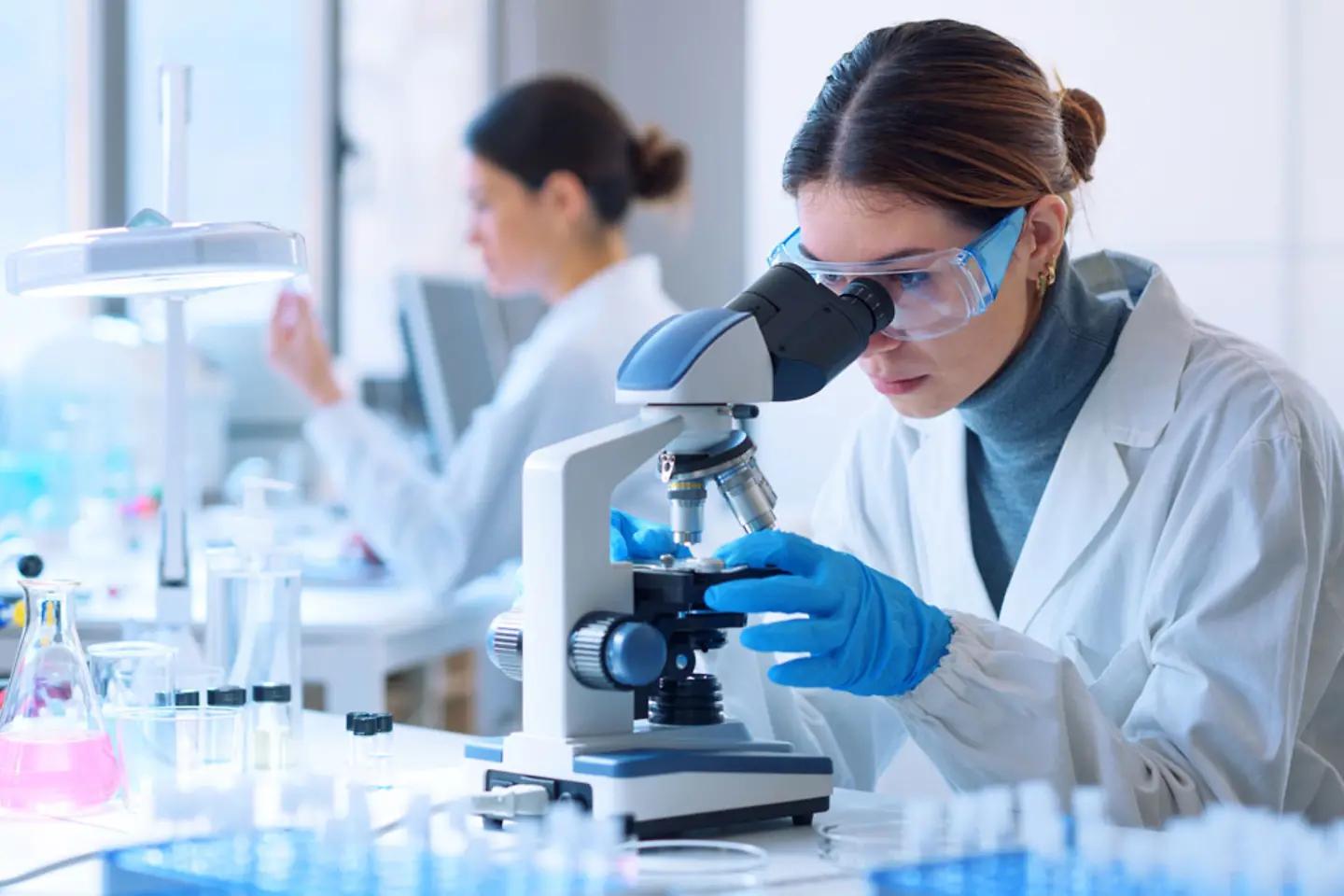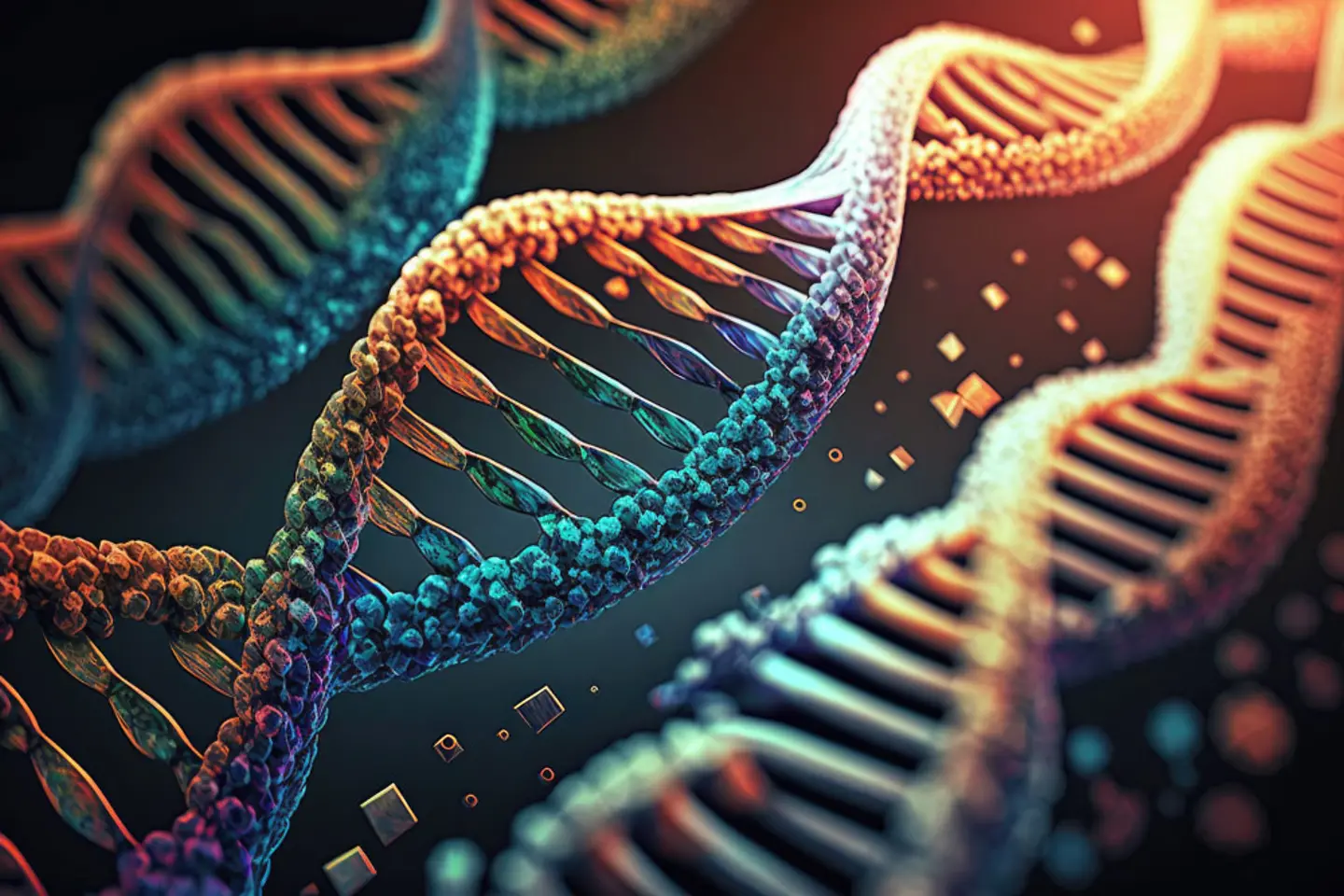
The pandemic has taught us the need for faster drug development, speed now is at the forefront of biotechnology research. To accomplish this, biotech companies have to embrace digital transformation, specifically powered by artificial intelligence (AI). This allows for establishing better workflows and faster clinical research for quicker drug breakthroughs.
For many decades, drug discovery has been a gruelling process that involves both huge sums of money and time investment. However, the biotech industry has to innovate the pace of research and development.
As we move past the pandemic towards a new normal, the world has been taught valuable lessons. The need to create and bring to market vaccines has never been more pressing.
Vaccine development is a long and complex process, with development typically taking 10 years and beyond. This is often a process of trial and error that is both costly and time-consuming.
While the COVID-19 vaccine’s development took less than a year, it involved an urgent push across global pharmaceutical companies that cost around US$30 billion dollars in just the United States alone. Such exorbitant expenditure isn’t feasible for any organisation.
To hasten progress, countries in Asia-Pacific (APAC) are ramping up their investments into AI drug development for their biotech ecosystems. Singapore’s health tech investment per capita clocked US$23 in 2019, on par with the United States. The Middle-East is also increasing their investment in AI-driven drug discovery with the region’s largest AI-powered biotechnology research centre by Insilico Medicine.
According to biotechnologists, utilising AI allows new drugs to be discovered in one-tenth of the time. With the typical drug discovery process taking up to 10 years or more, time savings translate directly into cost savings as well.
Time savings allow for more novel cures to be formulated and fulfilling the promise of personalised medicine, providing tailor-made medication for individual patients.

One of the biggest areas for time savings is the workflows within biotech companies. Effective drug discovery relies on having a robust and reliable workflow. However, this is often difficult especially when it comes to ‘wet lab’ scientific processes that are often time-consuming.
AI has the potential to enhance core segments of a high-throughput screening (HTS) process. This helps increase the automated testing accuracy of thousands to millions of samples in the drug development phase.
A key benefit of HTS is how it can shorten the iterative screening process, allowing technologists to choose the best compounds to test against a target and which molecules to prioritise. This helps to increase the probability of success in a much shorter time frame, rapidly accelerating the drug discovery process.
By shortening the time for drug discovery, AI-powered workflows help organisations to increase their operational efficiency. This helps to reduce costs while optimising workflows that can adapt swiftly to any challenge.

While an iterative process can be shortened through trial and error, formulating an idea is a far greater challenge. The first step is often the hardest.
But through the power of AI, the idea generation phase can be shortened and enhanced. AI helps biotechnologists comb through mountains of data, drawing links across disparate data sources. AI helps researchers to better analyse potential leads and identify promising substances to research.
Asian biotech startup, Insilico, recently raised US$255 million to disrupt the pharma industry, utilising AI. Using deep learning models and natural language processing technologies, the company is looking to shorten the drug discovery process by as much as 66%.
The pharmaceutical giant, Pfizer has also embraced the power of AI. Utilising the technology, the pharmaceutical giant is able to comb through massive amounts of clinical data to build models of human disease. This helps the company to find biomarkers to test potential treatments which helps better prioritise the drug candidates to focus on. By harnessing the power of AI, organisations can generate data-driven insights to accelerate the drug discovery process.

Pre-clinical research is a vital step in the drug discovery process which can benefit from the power of AI. This phase can last for years resulting in huge research and development expenditures.
Using AI, technologists will be able to swiftly conduct preclinical research with deeper accuracy. AI helps to detect very subtle changes with high precision and accuracy, allowing researchers to detect any potential abnormalities or anomalies.
AI can help technologists to ensure critical elements such as the dosage to be given. Researchers will be able to develop hypothesis-driven dosages to match targeted populations.
Exscientia, for example, used the power of AI to design an immuno-oncology drug. The process only took the company eight months to discover the candidate molecule which would originally take anywhere from three to six years to accomplish.
Exscientia also worked with Sumitomo Dainippon using AI to accelerate their pre-clinical phase of a compound to treat obsessive-compulsive disorder within 12 months instead of the industry standard timeline of four and a half years.
Through AI, biotech and pharmaceutical companies can speed up the pre-clinical phase. This helps organisations to reduce costs in the drug discovery process.
By embracing the power of AI, pharmaceutical companies and biotechnology firms can rapidly advance the future of healthcare. The drug discovery process can be accelerated while enhancing the accuracy of clinical research and trials.
Harness the potential of AI with T-Systems to experience new breakthroughs and capitalise on existing opportunities.
Speak with us today to begin your digital transformation with AI today.